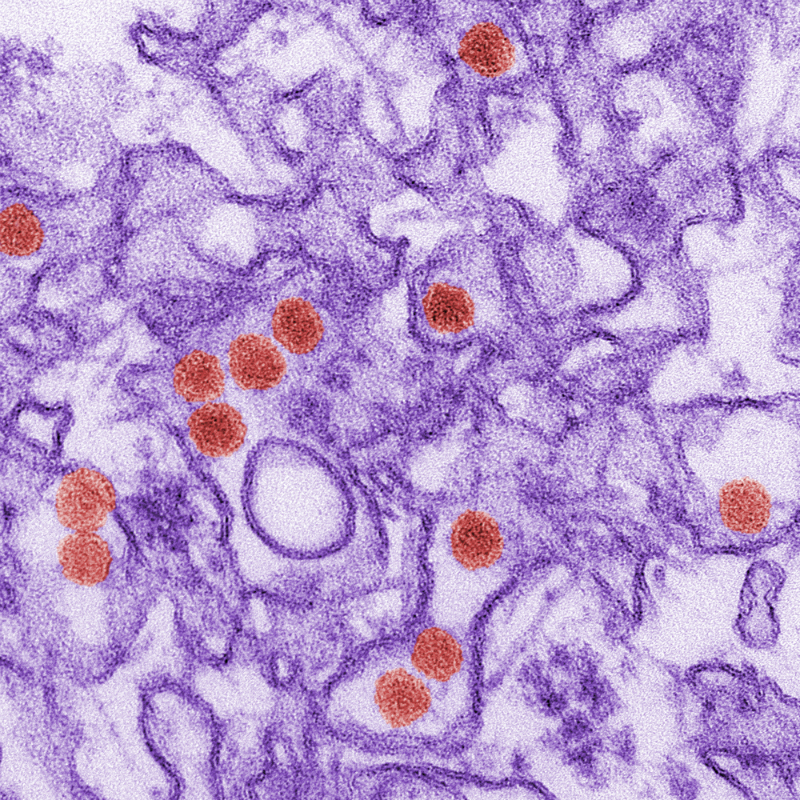Zika Virus Linked with Man's Brain Infection, Coma

An elderly French man who caught the Zika virus while on vacation developed a brain infection that put him in a temporary coma, according to a new report of the case.
The 81-year-old man had been healthy before he went on a cruise to the South Pacific — one of the regions where the Zika virus is spreading.
Ten days after he returned home, he was admitted to the intensive care unit in a coma. The man had a fever, and later developed a rash — both symptoms of Zika virus infection.
Brains scans showed that the man had a condition called meningoencephalitis, which is inflammation in the brain and the meninges, or the membranes surrounding the brain. A test of the man's cerebrospinal fluid was positive for Zika virus.
Zika virus has garnered international concern because of the strong link between infection with the virus in pregnancy and microcephaly, a birth defect in which a child's head is abnormally small.
But doctors should also "be aware that ZIKV may [be] associated with meningoencephalitis," the researchers said, referring to Zika virus. [5 Things to Know About Zika Virus]
The man spontaneously awoke from his coma after one day in the hospital, but he had hallucinations and weakness in his left arm. However, his condition improved without a specific treatment, and he was released from the hospital after 17 days and fully recovered after 38 days, the researchers said.
Sign up for the Live Science daily newsletter now
Get the world’s most fascinating discoveries delivered straight to your inbox.
Zika virus has also been linked to Guillain-Barré syndrome, a condition of the nervous system that can cause paralysis.
The study is published today (March 9) in the New England Journal of Medicine. It was conducted by researchers at the Paris hospital system Assistance Publique – Hôpitaux de Paris.
Follow Rachael Rettner @RachaelRettner. Follow Live Science @livescience, Facebook & Google+. Original article on Live Science.

Rachael is a Live Science contributor, and was a former channel editor and senior writer for Live Science between 2010 and 2022. She has a master's degree in journalism from New York University's Science, Health and Environmental Reporting Program. She also holds a B.S. in molecular biology and an M.S. in biology from the University of California, San Diego. Her work has appeared in Scienceline, The Washington Post and Scientific American.










